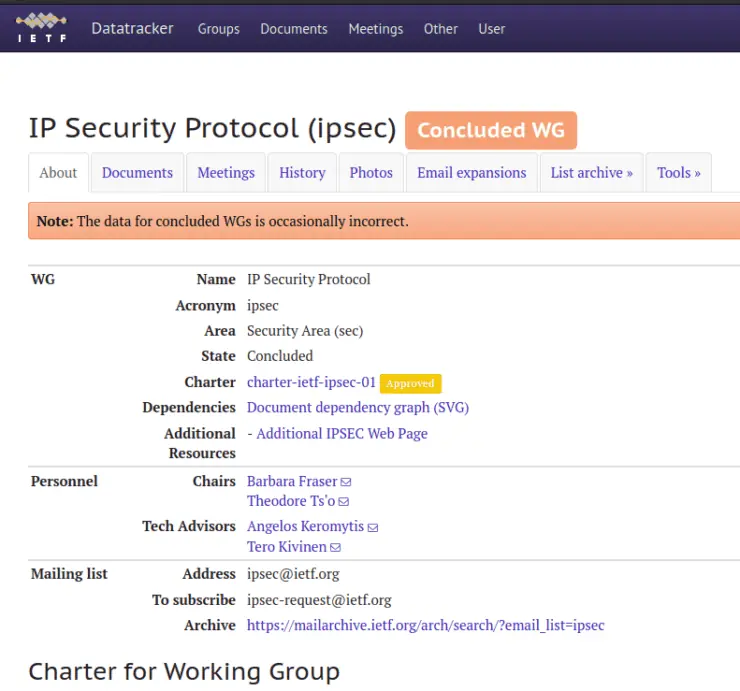Featured
Table of Contents
- – Nordlynx Protocol For Fast, Secure Vpn Connections
- – Nordlynx Protocol For Fast, Secure Vpn Connect...
- – What Is Wireguard? The Vpn Term Explained, And...
- – Wireguard Protocol Now Powered By Fastestvpn
- – Wireguard Vpn: Best Vpns That Support Wiregua...
- – What Is Wireguard? A Vpn Protocol Guide For ...
Nordlynx Protocol For Fast, Secure Vpn Connections
One of the most popular VPN services,, was the very first of the larger VPNs to use Wire, Guard's protocol. Nord, VPN believed so highly of Wire, Guard that it took things even more and modified the open-source offering to develop Nord, Lynx, its tailored protocol that uses among the fastest VPN connections.
When comparing Open, VPN and Wire, Guard, it's crucial to think about the strength of file encryption but likewise speed, and flexibility in regards to how quickly it can be integrated into various networks. is an open source procedure that was developed in 2001, and regardless of its age most encryption tools support it, and so it has actually ended up being the most popular of all VPN options on the marketplace.

These are all protocols that develop an encrypted tunnel between an individual's computer system and a resource that they are connected to, like an application or a server somewhere. This keeps the information being transferred in between them personal. How do I setup Wire, Guard? Establishing a Wire, Guard application is basic.
Nordlynx Protocol For Fast, Secure Vpn Connections

What's much better: IPSec vs Wire, Guard? There are many reports that Wire, Guard offers the exact same level of file encryption while making connections much faster, however some business may prefer IPSec due to the type of cryptography algorithms it supports.
There are lots of totally free VPNs that support Wire, Guard, and it is also consisted of by default in the Linux kernel, so those who are proficient at programming can establish these types of encrypted connections just by typing in the command line. Wire, Guard is also supported by subscription-based security products.

After that all connections will be tunneled utilizing Wire, Guard instead of alternative procedures. Is Wire, Guard safe to use? Though it is relatively new on the scene, Wire, Guard's tiny codebase has actually been thoroughly evaluated and investigated, and it's inclusion on the Linux kernel is an enormous vote of self-confidence in its security.
What Is Wireguard? The Vpn Term Explained, And Whether ...

A lot of VPN options that exist today were developed a long time ago, so they're quite sluggish and are extremely crafted. Get in Wire, Guard, a project that puts security and simpleness initially. Security researcher and kernel developer Jason Donenfeld got the idea for Wire, Guard in 2017 while in need of a sneaky traffic tunneling service that could be utilized during penetration screening engagements.
So, he set out to produce a completely brand-new VPN protocol and application that would avoid a few of the design choices that transformed other tunneling technologies into monster jobs with big code bases and many knobs and switches. For one, the Wire, Guard procedure does away with cryptographic dexterity-- the concept of offering options amongst various encryption, crucial exchange and hashing algorithms-- as this has led to insecure deployments with other technologies.
The protocol is likewise sneaky, as it does not respond to any packages from peers it does not recognize, so a network scan will not reveal that Wire, Guard is running on a maker. what is wireguard protocol and how does it work?. Additionally, the connection in between peers, which can act as both customers and servers at the exact same time, go silent when there's no exchange of data.
Wireguard Protocol Now Powered By Fastestvpn
The primary Wire, Guard implementation is for Linux and can be found in the kind of a kernel module. The code is intended to be quickly auditable, with Donenfeld saying it can be read in an afternoon. Compared to Open, VPN which has over 100,000 lines of code and depends on Open, SSL-- another huge codebase-- the Wire, Guard kernel module has around 4,000 lines of code and the crypto code is built into it.
Aside from some community-supported Android firmware projects that incorporated the Wire, Guard kernel module, the non-Linux Wire, Guard implementations run in userspace and don't benefit from the same efficiency as the kernel application. That stated, they still manage to match or exceed Open, VPN. The Wire, Guard kernel module is available in the package repositories of all significant Linux circulations and even some specialized ones.

6, launched on March 29, 2020, Wire, Guard is among the innovations that are integrated in by default. This is likewise considered Wire, Guard's very first steady release, or version 1. 0.0."The last numerous weeks of 5. 6 development and stabilization have been amazing, with our codebase undergoing a quick security audit, and some real headway in regards to getting into circulations," Donenfeld stated in the release announcement.
Wireguard Vpn: Best Vpns That Support Wireguard In 2023
Donenfeld accepted the compromise and was mainly satisfied with the result."It's not called 'Zinc' anymore, and a few of the style decisions I liked aren't there, but I believe the lion's share of what we wanted exists, and a couple of other pieces must be possible to upstream one at a time," he said in a message to the Wire, Guard job's subscriber list at the time.
From then on, things moved relatively quickly, with a number of evaluations, bug repairs and modifications in the course of a few months prior to the stable release. Windows doesn't supply a native TUN virtual device and while some drivers exist to achieve this from jobs such as Open, VPN or Soft, Ether, they were composed a long time ago and have different problems.
Even before reaching a steady version Wire, Guard was already being utilized in production. Some industrial VPN service companies provide Wire, Guard servers and there are ongoing efforts to construct mesh networking tools around it. It is not yet "enterprise prepared" and it's unclear if it will ever be because its developers hesitate to add brand-new functions that are only beneficial to a subset of users or cover edge cases because that's how other tasks became excessively complex.
What Is Wireguard? A Vpn Protocol Guide For 2023
For instance, business require to release and set up brand-new software application on a a great deal of computer systems in an automatic way, however the circulation of public secrets amongst peers and crucial management are not covered by the Wire, Guard job itself and will need to be executed as a separate tool.
Wire, Guard, which makes it more available than some proprietary innovations. Its open source also makes it much more friendly when setting it up on gadgets that do not support Wire, Guard natively.
Wire, Guard needs to be an option with no shadows of doubt. Wire, Guard works by on the VPN servers so that the data packages would not be blended among its users. In principle, this can badly threaten the user's privacy as this is one of the key vulnerabilities that a burglar could target.
Table of Contents
- – Nordlynx Protocol For Fast, Secure Vpn Connections
- – Nordlynx Protocol For Fast, Secure Vpn Connect...
- – What Is Wireguard? The Vpn Term Explained, And...
- – Wireguard Protocol Now Powered By Fastestvpn
- – Wireguard Vpn: Best Vpns That Support Wiregua...
- – What Is Wireguard? A Vpn Protocol Guide For ...
Latest Posts
Best Business Vpn In 2023 [Ranked & Reviewed]
Best Business Vpn Options In 2023 [Keeping Smb Data ...
Best Remote Access Vpn In Usa To Work From Home
More
Latest Posts
Best Business Vpn In 2023 [Ranked & Reviewed]
Best Business Vpn Options In 2023 [Keeping Smb Data ...
Best Remote Access Vpn In Usa To Work From Home